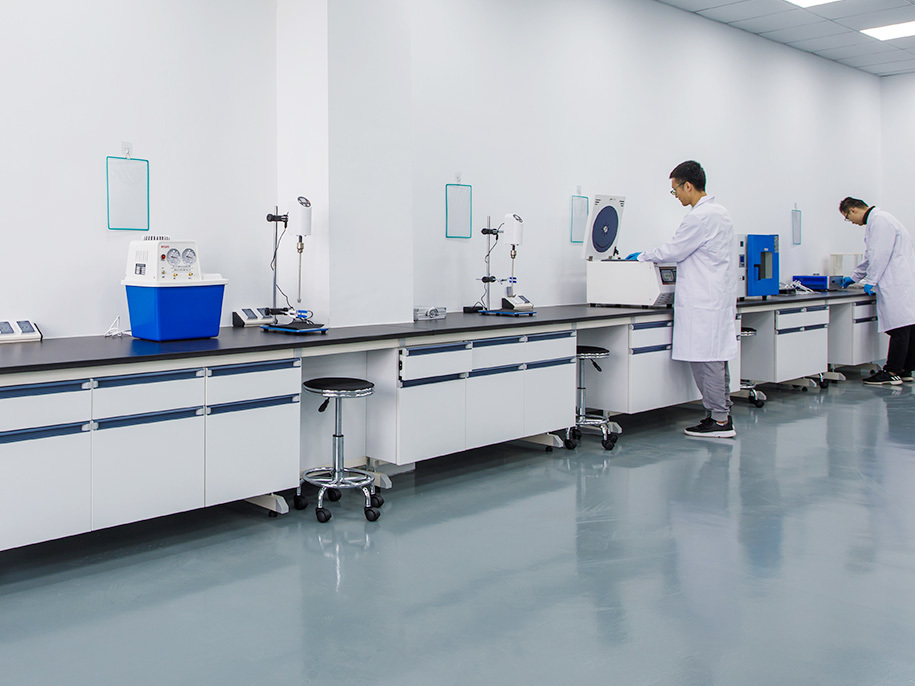Electric vs. Diesel-Powered Refrigeration: Which One is the Future of Sustainable Logistics?
Introduction
Cold chain logistics is at a crossroads. As the demand for refrigerated transportation grows, companies must choose between electric-powered refrigeration and diesel-powered refrigeration. While diesel systems have long dominated the industry, the rise of sustainable logistics is pushing companies toward cleaner, more energy-efficient alternatives. So, which one is the future?

The Current State of Diesel-Powered Refrigeration
Diesel-powered refrigeration systems have been the industry standard for decades. These units operate using a diesel-driven compressor, which provides consistent cooling but comes with several drawbacks:
1. High Fuel Costs
- Diesel prices fluctuate, but overall operating costs remain high.
- Running a refrigeration unit can consume up to 10% more fuel per trip.
2. Environmental Impact
- Diesel refrigeration units contribute significantly to CO₂ emissions.
- Many traditional refrigerants have high global warming potential (GWP).
3. Maintenance and Reliability Issues
- Diesel engines require frequent maintenance, leading to higher downtime and costs.
- Mechanical failures can lead to temperature fluctuations and product spoilage.
Despite these issues, many logistics companies continue using diesel refrigeration due to its proven performance and infrastructure support.
The Rise of Electric-Powered Refrigeration
With advances in battery technology, renewable energy integration, and smart cooling systems, electric-powered refrigeration is emerging as a viable alternative. Here’s why:
1. Lower Operating Costs
- Electric refrigeration units require less energy than diesel-powered ones.
- When paired with renewable energy (such as solar panels), operating costs drop even further.
2. Sustainability and Emissions Reduction
- Zero direct emissions, making electric refrigeration ideal for green logistics.
- Helps companies meet carbon neutrality goals and regulatory requirements.
3. Less Noise, More Efficiency
- Electric systems operate quietly, reducing urban noise pollution.
- Smart thermal management and graphene-enhanced cooling improve efficiency.
However, challenges remain, such as charging infrastructure, initial investment costs, and battery limitations.
How Graphene Technology is Accelerating the Transition
One of the biggest innovations in electric refrigeration is graphene-based cooling technology. This breakthrough material is lightweight, highly conductive, and enables faster, more energy-efficient cooling. Key benefits include:
- Rapid cooling speeds, maintaining precise temperatures.
- Lower power consumption, extending battery life.
- Compatibility with renewable energy sources, enhancing sustainability.
The Future: A Shift Towards Electric Refrigeration
With global regulations tightening around diesel emissions, the shift toward electric-powered refrigeration is inevitable. Industry leaders are already investing in smart electric cooling fleets, integrating graphene technology, AI-driven monitoring, and solar-powered refrigeration units.
Conclusion: Making the Right Choice for Your Logistics Fleet
While diesel-powered refrigeration remains reliable, it comes with high costs and environmental concerns. Electric refrigeration, supported by graphene-based cooling, offers a cleaner, more cost-effective, and sustainable solution for the future.
Is your business ready to transition to electric refrigeration? Let’s discuss how graphene-enhanced cooling can help optimize your cold chain operations!

